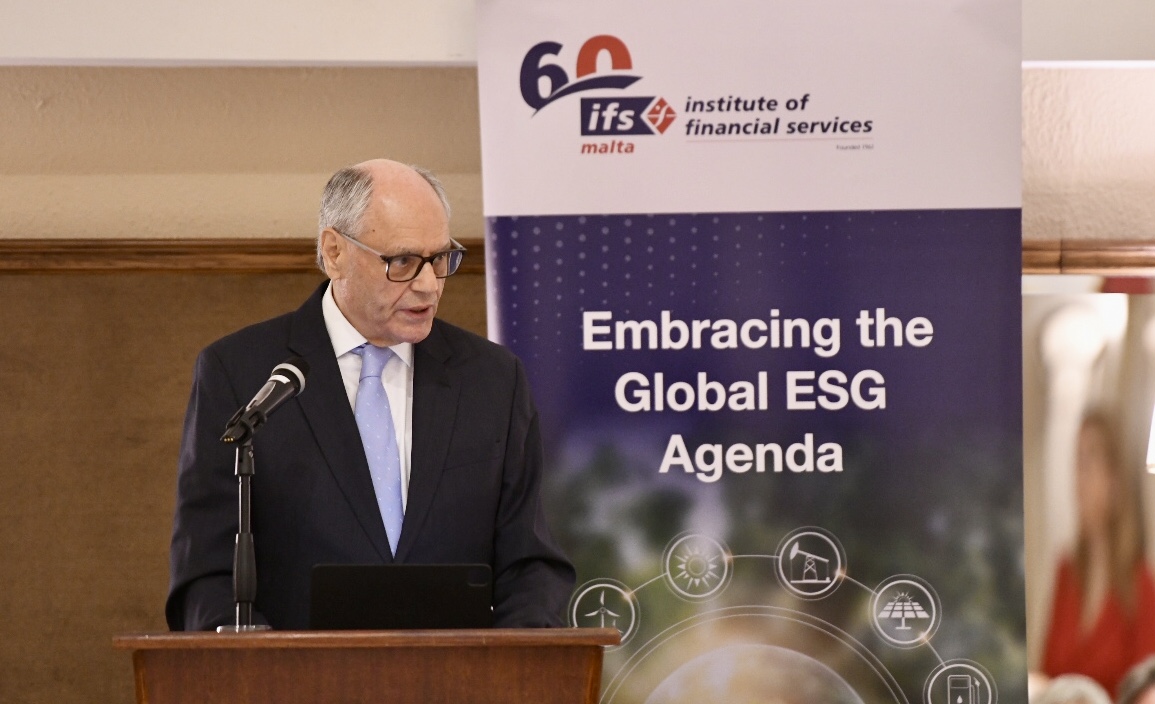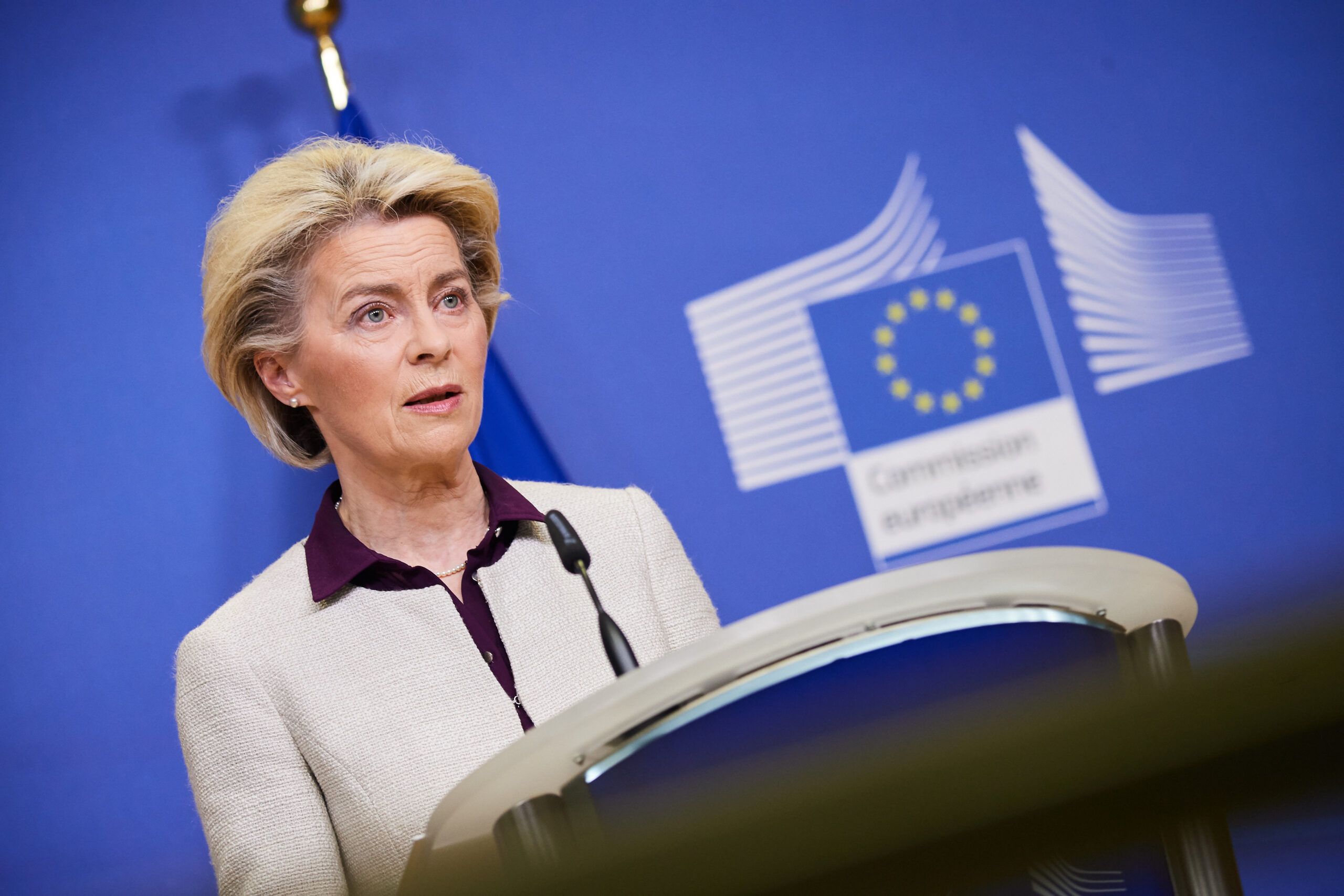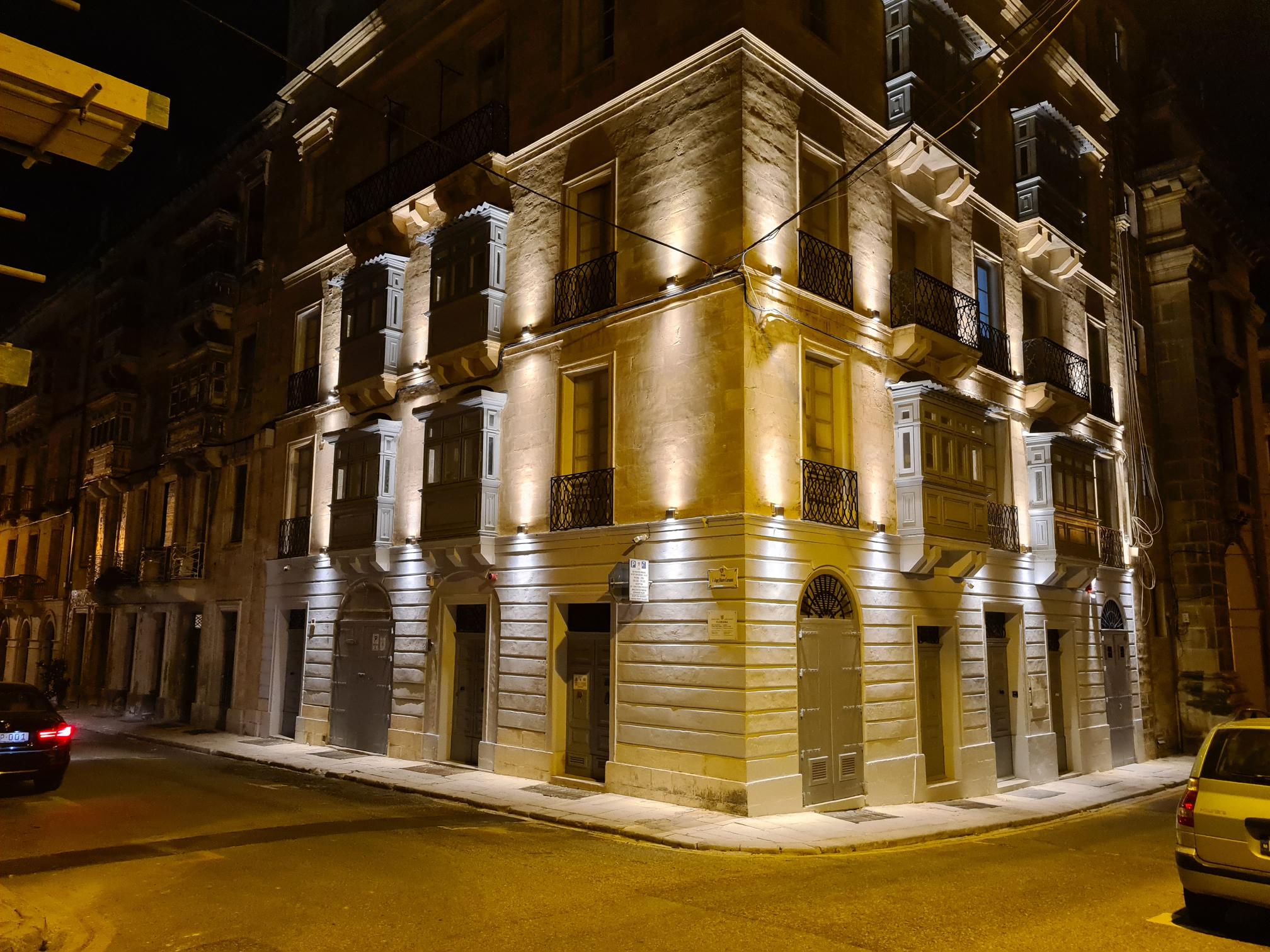Central Bank of Malta (CBM) governor Edward Scicluna has hinted that a “much expected” European recession, as forecast by the Commission, may not materialise, noting that November saw the first drop in inflation for 17 months in much of the Eurozone as energy prices came down from their peak.
Speaking at the annual dinner of the Institute for Financial Services, Prof. Scicluna also noted that although domestic economic activity can be expected to gradually slow down during the current and coming quarters, the European Commission forecasts that Malta is still expected to have the second highest rate of growth in the euro area, while the unemployment rate is still below the lowest rate recorded pre-pandemic.
He added that Maltese banks must hike their interest rates in line with those of the European Central Bank, while Government must limit its subsidisation of consumer demand to temporary and targeted measures, for inflation to come under control.
Prior to November, inflation had remained on an upward trajectory in Malta, despite the generous subsidies which kept wholesale and retail fuel and electricity prices at 2019 levels.
Food inflation has been only moderately below that in the euro area while non-energy industrial goods (NEIG) and services inflation have exceeded the corresponding euro area averages. In particular, services inflation in Malta averaged 5.8 per cent since January, far above the rate of 3.4 per cent recorded for the euro area.
“As regards monetary policy, interest rates are expected to be the main tool to achieve our objective of anchoring inflationary expectations close to two per cent rate but normalisation needs to be complemented with balance sheet normalisation,” Prof. Scicluna said.
“The latest rate hikes by will continue to be complemented with a reduction in the Eurosystem’s monetary asset holdings. This will undoubtedly change the financing environment which borrowers have grown accustomed to with the most immediate impact will be on money markets and government bond yields, which later propagate to the cost of bank and corporate debt.”
He added that while in Malta the transmission of the latest monetary impulses to bank lending and deposit rates appears rather slow, Government bond yields in Malta have already begun to increase.
Such increases and tighter financing conditions abroad will eventually be reflected in a higher cost of funding for domestic banks, and eventually, households and corporates.
However, Prof. Scicluna continued, tighter monetary policy will not be enough to beat inflation.
“In particular, fiscal support has to be temporary and targeted, so that it avoids supporting demand for longer than is necessary. It should also be complemented with structural reforms that improve the security of supplies and reduce vulnerability to adverse global conditions and addresses market imperfections that propagate inflationary pressures,” he said.
The CBM governor ended his speech by highlighting the positive position of Maltese and European banks, which have strengthened their balance sheets and capital positions in recent years, ensuring that the sector is well-prepared to adapt to risks.
“The CBM’s stress tests also confirm that capital remains above regulatory requirements even under extreme scenarios, and that banks are operating with healthy liquidity buffers while profitability is also improving. Therefore it is opportune to strengthen capital buffers rather than to have to re-build them in a potentially less benign environment at some point in the future.”
Euro surges as Trump slaps 20% tariff on Europe, EU vows to retaliate
The sweeping reciprocal tariffs has sparked fears of an all-out global trade war
Malta Development Bank hosts Network of European Financial Institutions for SMEs meeting in Malta
The group plays a crucial role in providing expertise and strategic guidance to the EU and its financial institutions
New ERDF grant schemes unveiled to boost SME growth and digitalisation
These ERDF grants present a significant opportunity for Maltese SMEs to strengthen their market position






